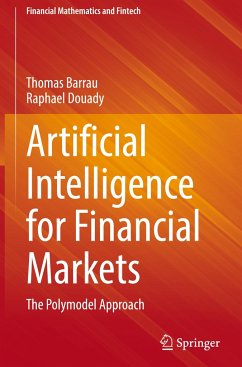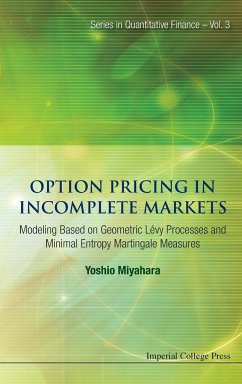This book introduces the novel artificial intelligence technique of polymodels and applies it to the prediction of stock returns. The idea of polymodels is to describe a system by its sensitivities to an environment, and to monitor it, imitating what a natural brain does spontaneously. In practice this involves running a collection of non-linear univariate models. This very powerful standalone technique has several advantages over traditional multivariate regressions. With its easy to interpret results, this method provides an ideal preliminary step towards the traditional neural network approach.
The first two chapters compare the technique with other regression alternatives and introduces an estimation method which regularizes a polynomial regression using cross-validation. The rest of the book applies these ideas to financial markets. Certain equity return components are predicted using polymodels in very different ways, and a genetic algorithm is describedwhich combines these different predictions into a single portfolio, aiming to optimize the portfolio returns net of transaction costs. Addressed to investors at all levels of experience this book will also be of interest to both seasoned and non-seasoned statisticians.
The first two chapters compare the technique with other regression alternatives and introduces an estimation method which regularizes a polynomial regression using cross-validation. The rest of the book applies these ideas to financial markets. Certain equity return components are predicted using polymodels in very different ways, and a genetic algorithm is describedwhich combines these different predictions into a single portfolio, aiming to optimize the portfolio returns net of transaction costs. Addressed to investors at all levels of experience this book will also be of interest to both seasoned and non-seasoned statisticians.








